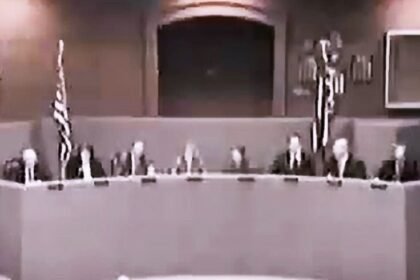11.2 Red Flags and Risk Factors
Common warning signs include:
Unexpected Bills: Large invoices in the elder’s name for services never expressly authorized.
Assumed Consent: Relatives making financial decisions without documented approval.
Isolation Tactics: Leaving seniors in unfamiliar settings to obscure accountability.
Behavioral Shifts: Anxiety, withdrawal, or unusual deference by the senior when discussing finances.
Recognizing these indicators can prompt timely intervention and prevent further harm.
12. Preventive Measures: Safeguarding Senior Relatives
12.1 Legal Tools
Durable Power of Attorney (DPOA): Assign a trusted agent to oversee financial decisions on behalf of the elder.
Advance Written Consent: For group vacations or large expenditures, require a signed agreement detailing costs and responsible parties.
Fiduciary Oversight: Engage neutral third-party fiduciaries or professional guardians when no family member can be fully trusted.
12.2 Transparent Communication
Detailed Budgeting: Share an itemized cost estimate prior to group trips.
Family Meetings: Conduct documented discussions outlining financial responsibilities.
Clear Billing Structures: Utilize corporate or pooled family accounts to separate individual liabilities.
12.3 Community Resources
Elder Rights Hotlines: National and state-level support lines offering advice and reporting guidance.
Protective Services: Adult Protective Services agencies that investigate suspected elder abuse.
Educational Workshops: Local senior centers and legal clinics providing training on recognizing and preventing exploitation.
13.
Lessons Learned: Principles for Respectful Family Dynamics
Obtain Explicit Consent: Never assume an elder’s agreement to financial commitments—always secure documented approval.
Prioritize Dignity: Respect seniors’ autonomy and avoid placing them in positions of undue embarrassment or burden.
Implement Safeguards Early: Legal instruments like DPOAs and written agreements avert crises before they arise.
Act Decisively: Swift evidence gathering deters perpetrators and strengthens legal claims.
Foster Open Dialogue: Transparent communication builds trust and prevents misinterpretations that can fracture relationships.
14. Conclusion
What began as a well‑intentioned family tribute turned into a cautionary tale of misplaced assumptions and elder financial exploitation. A 74‑year‑old machinist—honored for decades of dedicated service—was abandoned at checkout with a $12,000 invoice he never agreed to sign.
Yet through decisive action—paying the bill to spare his grandfather further distress, compiling irrefutable evidence, and holding relatives accountable—the grandson restored the elder’s dignity and sent a clear message: exploitation by kin will not stand unchallenged.
Today, grandfather and grandson share afternoons in the garden and evenings over coffee, strengthened by adversity and mutual respect. Their story serves as both a warning and a guide: clear communication, documented consent, and unwavering advocacy are vital to protecting our elders.














